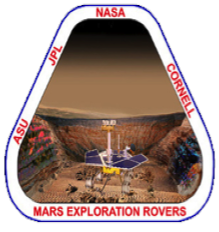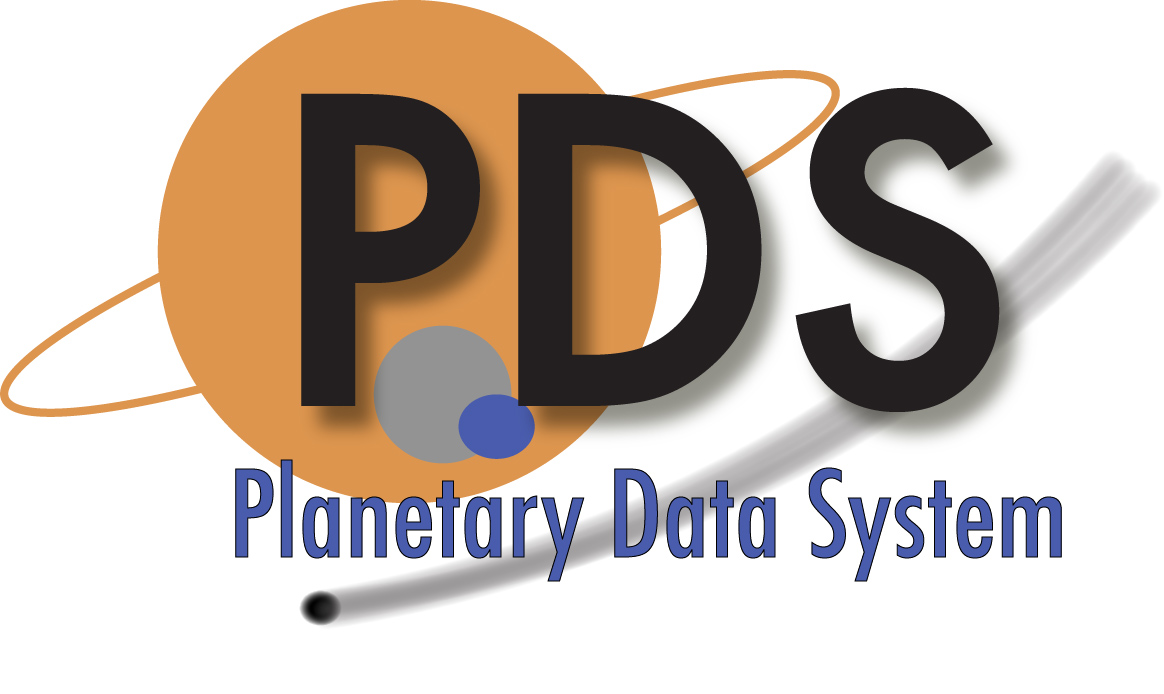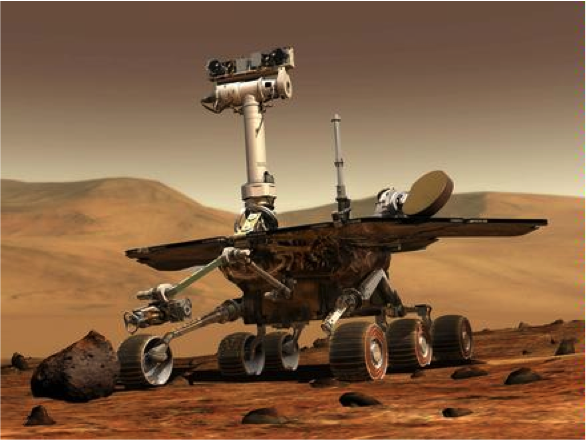- Entry profiles
- Observations with the Panoramic Camera (Pancam) and 440/880 nm + neutral density (ND5) filters, providing visible optical depths, and near-sun and "sky-arc" sequences using the full suite of geological filters, intended to capture the forward-diffraction peak and the phase function characteristics of the aerosol particles
- Periodic thermal infrared spectra observations of the martian sky by the Miniature Thermal Emission Spectrometer (Mini-TES). The sequences consist of standard 200-second integrations and long "stares" of up to (almost) an hour to derive the vertical thermal structure (from 10 meters to 3-5 kilometers)
- 15&mum; (carbon dioxide) band Mini-TES surface observations, providing an average near-surface (1 m) air temperature
- Entry profiles
- Opacities derived from sky observations with the panchromatic camera (PanCam)
- Temperature profiles of the lower 10 km of the atmosphere, derived from Mini-TES data)
- The occurrence of dust devils and their interpretation, which can prove information on lifting capabilities of the wind of the martian dust.

The Mars Exploration Rover (MER) mission involved two rovers launched in 2003 to explore Mars. Both rovers, rated for a 92-day mission, lasted far beyond anyone's expectations.
The main goal for the Mars Exploration Rovers was to better understand how past water activity on Mars modified the environment over the ages. This record is preserved in the rocks, minerals, and geologic landforms, some that can only form in the presence of water. Instruments were selected to optimize the geology yield. Even so, the mission could carry out atmospheric monitoring and characterization of the planetary boundary layer at Gusev and Meridiani.
Note: The Spirit rover is also referred to as MER2 in this archive, and the Opportunity rover as MER1
The main goal for the Mars Exploration Rovers was to better understand how past water activity on Mars modified the environment over the ages. This record is preserved in the rocks, minerals, and geologic landforms, some that can only form in the presence of water. Instruments were selected to optimize the geology yield. Even so, the mission could carry out atmospheric monitoring and characterization of the planetary boundary layer at Gusev and Meridiani.
Atmospheric observations include
Note: The Spirit rover is also referred to as MER2 in this archive, and the Opportunity rover as MER1
Data related to characterizing the current climate include:
For more information see the following links
Obtaining Data
Spirit
Opportunity
Citing the data for Publication
P. Withers (2009), Mars Exploration Rover Entry Profiles, NASA Planetary Data System, https://doi.org/10.17189/1518941
Opportunity
Citing the data for Publication
P. Withers (2009), Mars Exploration Rover Entry Profiles, NASA Planetary Data System, https://doi.org/10.17189/1518941
 PDS: The Planetary Atmospheres Node
PDS: The Planetary Atmospheres Node


